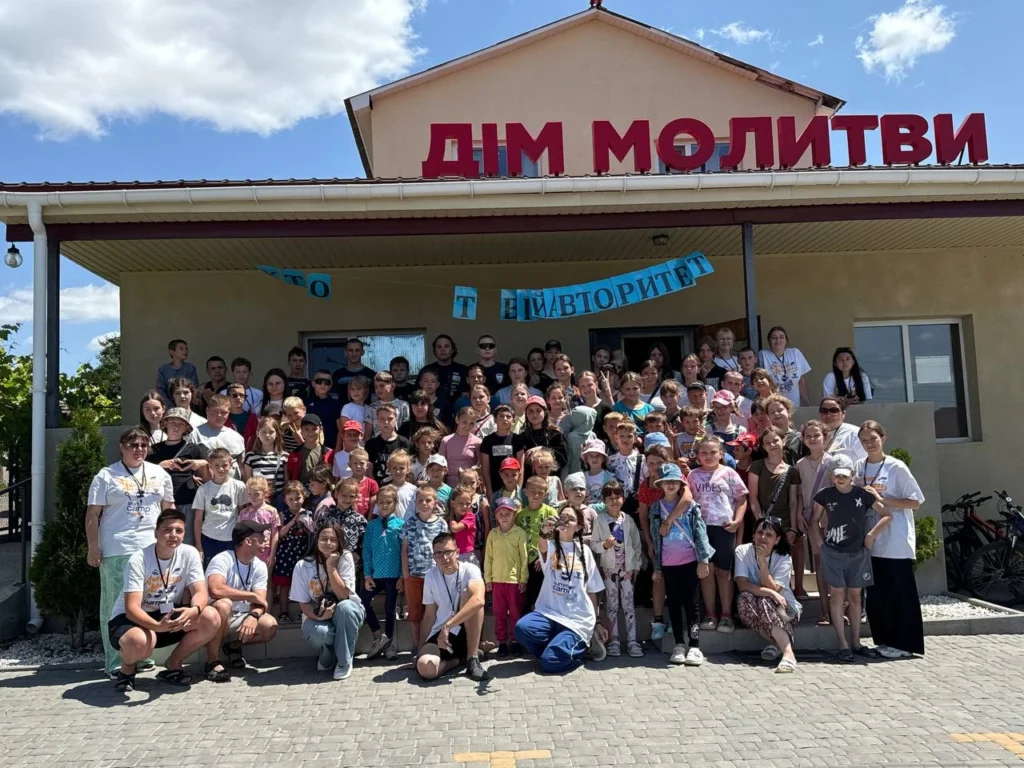“To reach a child’s heart, you need to become one of them” – Children’s Ministers from the Mykolaiv Region
8 July 2025
“To become a true mentor to children, you have to give them your heart.”
— Janusz Korczak
Nova Odesa, Pervomaisk, Mykhailivka, Dilnyche, Arbuzynka, Myhiya…
For more than 15 years, ministers Inna and Raya have been faithfully serving children and teens in remote villages of the Mykolaiv region, hosting regular gatherings and summer camps.
Over the years, their methods and strategies have changed, but the needs of the children, they say, have stayed the same. Just like in the past, kids today crave connection and acceptance. What they need most—is love.
So how do you become a child’s friend? What lessons have these ministers learned over the years? What challenges do they face in ministry? How do you approach a child who’s been through trauma? And what do you do when you don’t see any fruit from your efforts?
We spoke with children’s ministers from Mykolaiv about their long-standing experience.
Raya, Inna—tell us your stories. How did you become children’s ministers?
Raya: “Even as a kid, I always gathered other children around me. We’d race, play, and run wild. My friends used to call me ‘the nanny.’
When I came to Christ, it was like a group of kids instantly attached themselves to me. Within three years, I was already leading three different children’s ministries in different locations.”
Inna: “I was 17 when I first got involved with kids. I had no idea what a Sunday school even was, but my pastor encouraged me to start. I’d tell them stories, we’d go outside, draw, sculpt clay—just spend time together.”
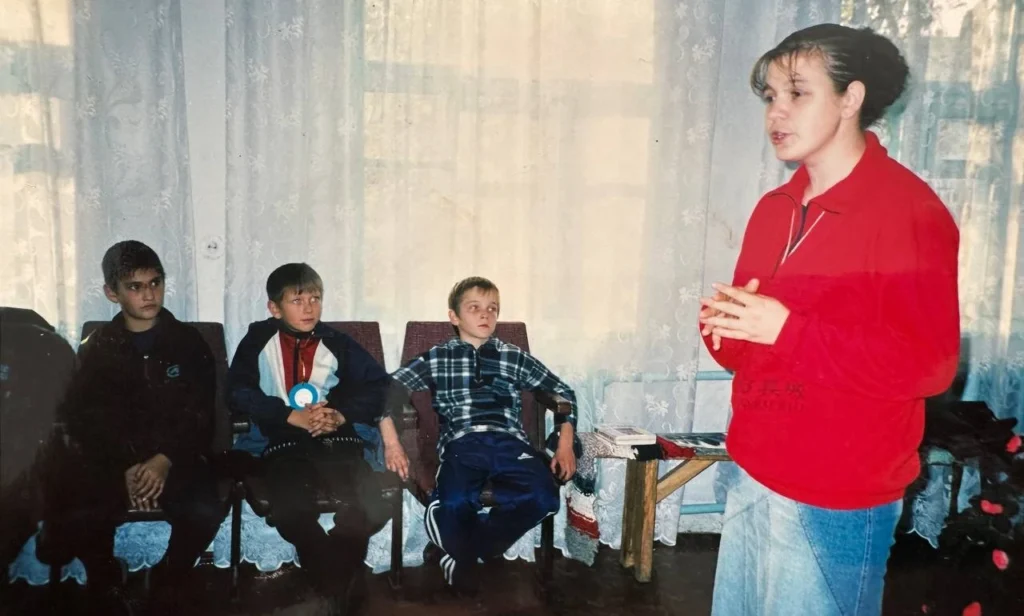
Raya: “There were five of us kids in our family. At home, I was obedient. But outside—I was a troublemaker. The police were even called on us once.
At one point, my dad started drinking. Later, my mom joined him. That took a toll on me, and I began to struggle with suicidal thoughts.
It was the 90s. We had nothing—everything was being sold off for alcohol. People labeled us: ‘Like parents, like children.’ It crushed me.
I tried everything—except I didn’t have a gun, and the only reason I didn’t drown myself was that there wasn’t a river nearby.
So now, when I see kids dealing with depression, I get it. I don’t usually say, ‘I had it bad too and got through it,’ but I do share my story about suicide attempts, talk about the spiritual side of it, and always point them toward God’s love—because that’s what saved me first.”
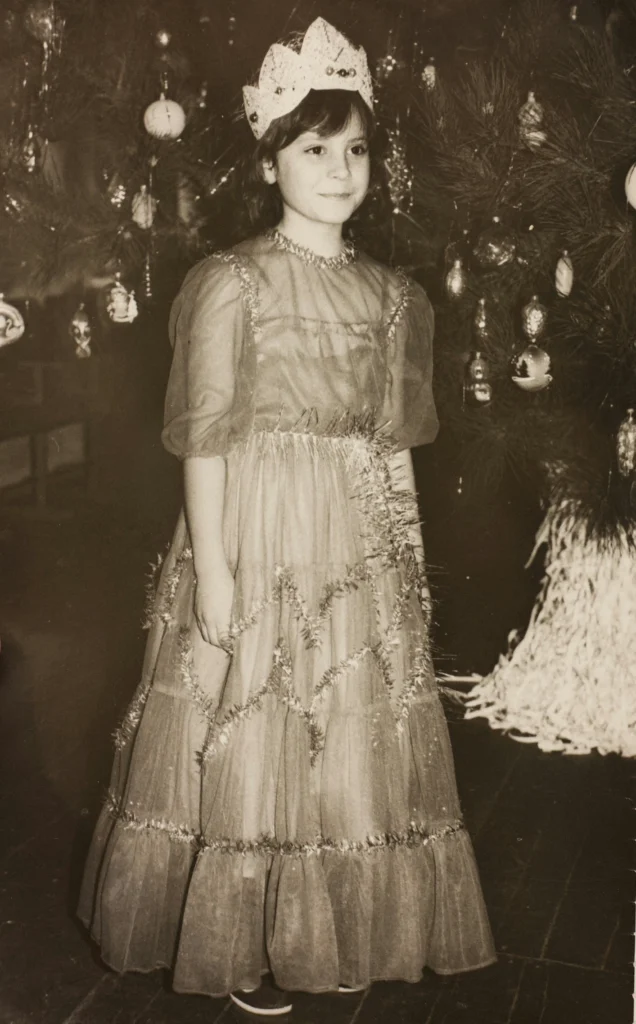
Inna: “I was well-behaved—until I hit my teen years. Between ages 12 and 15, I went through a really rough patch. But honestly, that experience helps me now.
I actually enjoy working with teens. If someone’s intimidated by them—I’m definitely not.
Their attitude doesn’t scare me. I understand their wave—their worldview, their opinions, their drive for independence, and their resistance to control. I get them. And I can help them out of what feels like a dead end.”
According to the Ukrainian Parliament Commissioner for Human Rights, the number of minors who died by suicide has increased since the full-scale Russian invasion. In 2017, 106 children died from intentional self-harm. In 2022, that number rose to 127. In 2023, it was 116.
“Many child suicides are the result of unresolved problems: lack of mental health care, stress, emotional instability, bullying, violence, absence of family and school support. One major factor is the war itself and its psychological effect on children,”
— from the Ombudsman’s website
Suicide: How to Break Free from Obsessive Thoughts. Taras Sen
Depression: How to Rise Out of Darkness. Taras Sen
What are some of the biggest lessons you’ve learned over the years working with kids?
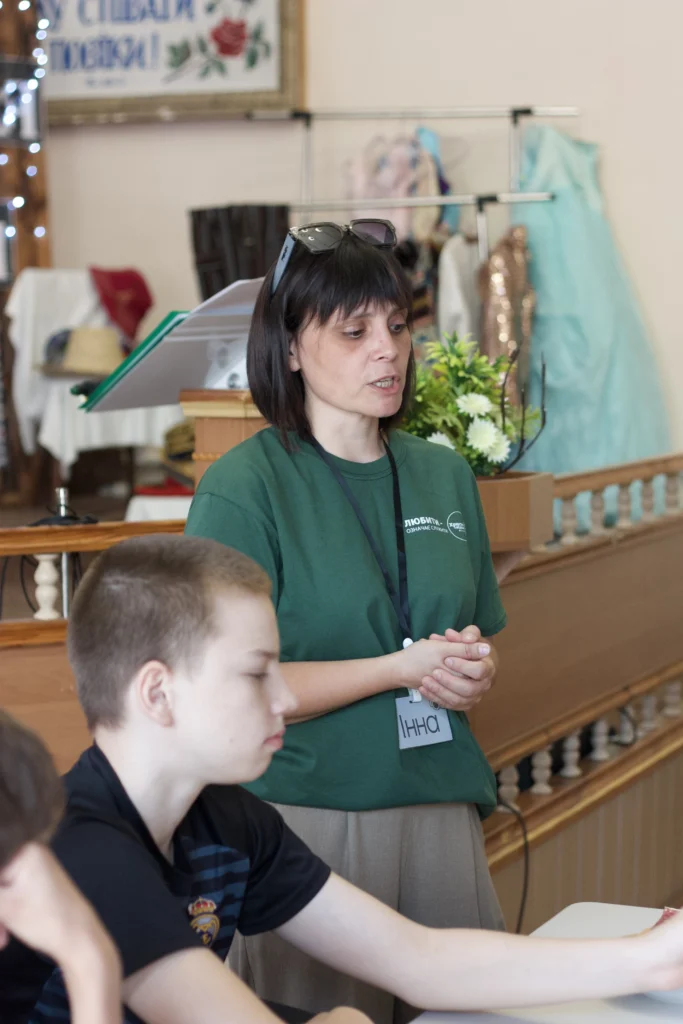
Inna: First—if you want to reach a child, you have to come down to their level. That’s when they open their hearts.
Even when I’m teaching a Bible lesson, I always try to tap into what interests them. You can tell by the look in their eyes when they’ve mentally checked out.
But when a kid starts asking questions, leaning in, absorbing every word—that’s when you know they’re engaged.
Another lesson? Don’t expect quick results.
You don’t always see fruit right away. And when that happens, you start questioning: “Is this even worth it?” But the fruit might come years later. Or maybe never in your lifetime. Still—we sow the Word, and God works in the heart. Our part is to stay faithful.
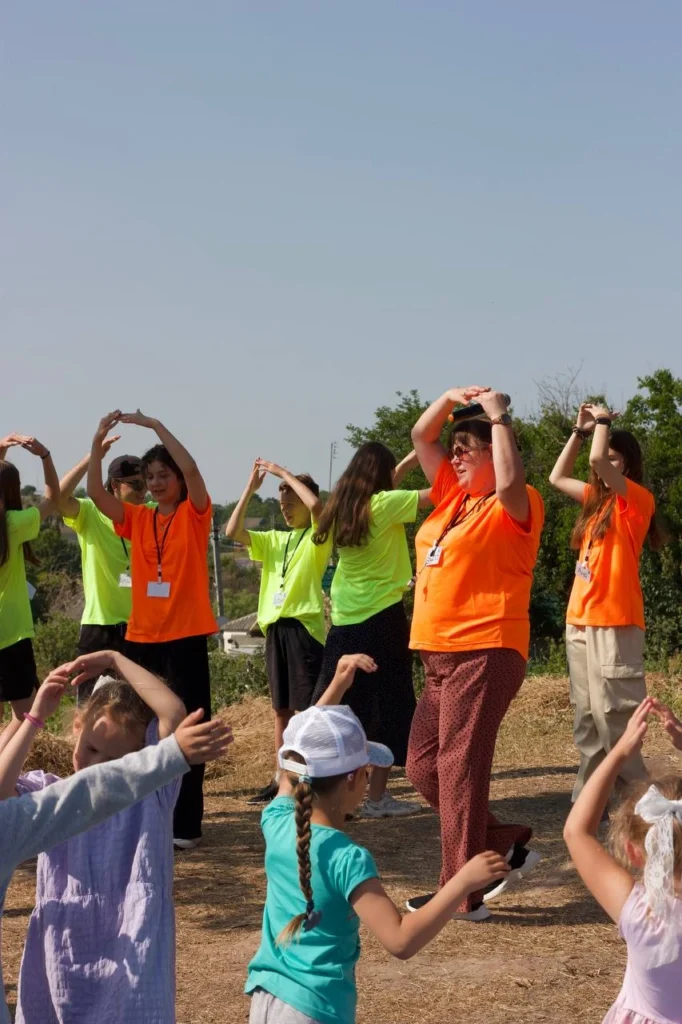
Raya: We had this five-year-old boy—he was really engaged, knew the Bible stories, would cry during prayer. It was moving.
And yet, these same kids don’t come to church. That’s the reality. Real fruit may take years—maybe even decades—to show.
How do you handle that?
Raya: It’s easier now because I received clarity from God: my calling is to serve children—whether I see results or not.
Before, it was hard. I cried. I asked God, “Why isn’t anything happening? Should I just stop?”
But each time, I sensed—no, I can’t stop.
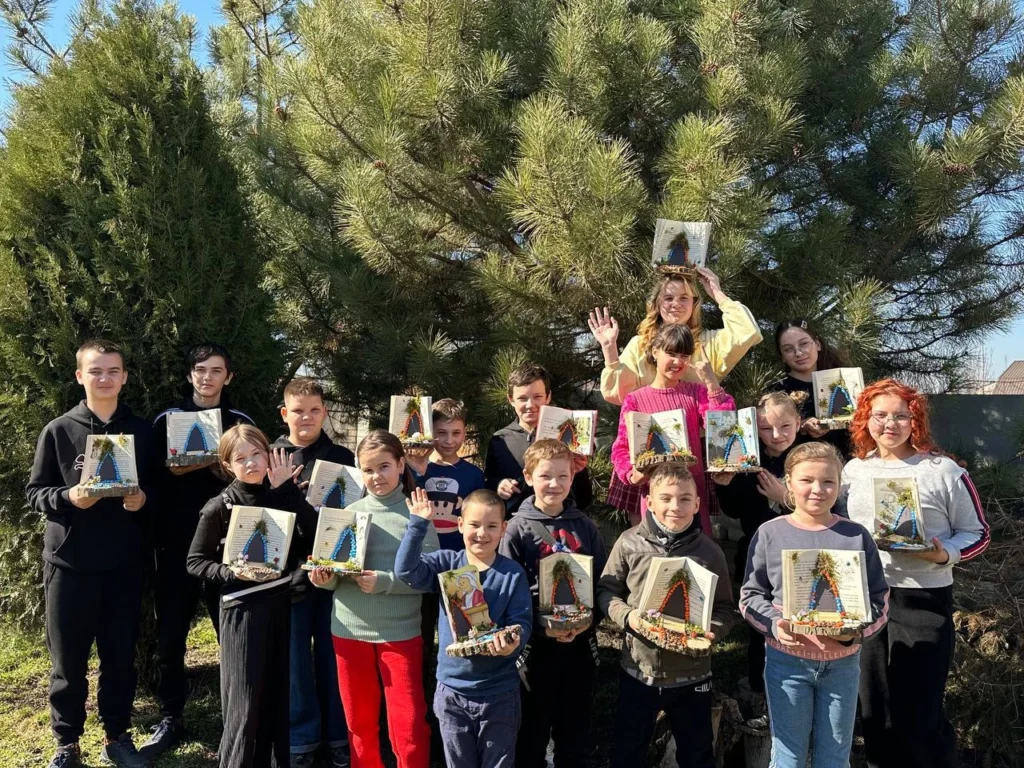
I do what I can, and whatever’s beyond me—I leave it to God. It’s His work. I’ve even asked Him for a special gift: that every child who ever heard the Word of God from my mouth would one day come to Him. That’s my prayer.
What challenges do you face in this ministry?
Raya: Sometimes it’s misunderstandings with parents. A child might misinterpret something, and the parents form the wrong idea about us or the event. That takes gentle clarification and wise communication.
Another issue is local government. In some villages, community officials aren’t very supportive—especially when it comes to anything Christian. It’s usually due to religious prejudice or a lack of understanding.
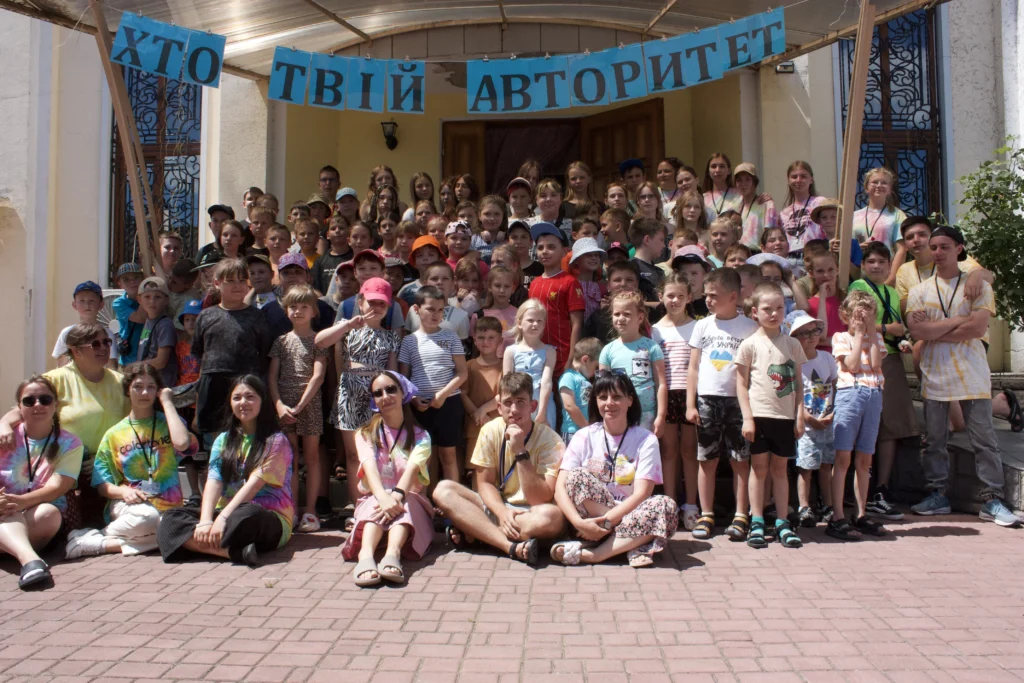
And then there’s the lack of support from some local churches. Aside from those that invite us directly, not many are interested in partnering. Some conservative churches don’t fully understand the importance of children’s ministry. They’re afraid of worldly influence—of kids showing up in short clothes, with piercings or makeup.
But isn’t that exactly the kind of child we’re supposed to welcome?
Why do kids come to us? For connection. For a safe space. For acceptance. And it’s that acceptance that opens hearts to change.
When they feel genuine love—they begin to change, not because they’re forced to, but because they’ve encountered God’s love through us.
How do kids respond to feeling accepted? What do you see?
Inna: They open up. At first, a child might sit off to the side, just watching. But then they slowly start to engage.
I hug them. Oh, they love that. At first, they resist—don’t want hugs. But later, they’ll come and rest their head on your shoulder. And not just girls.
Boys love to hang on your neck like little monkeys.
Raya: Sometimes they bring me flowers—tiny wild ones—and insist I hold them.
They offer candy, give me little crafts they made, show me photo albums.
One boy talked to me about fishing for 40 minutes straight! I didn’t have time to listen, so I asked another kid to step in and listen for me. That boy just needed someone to hear him.
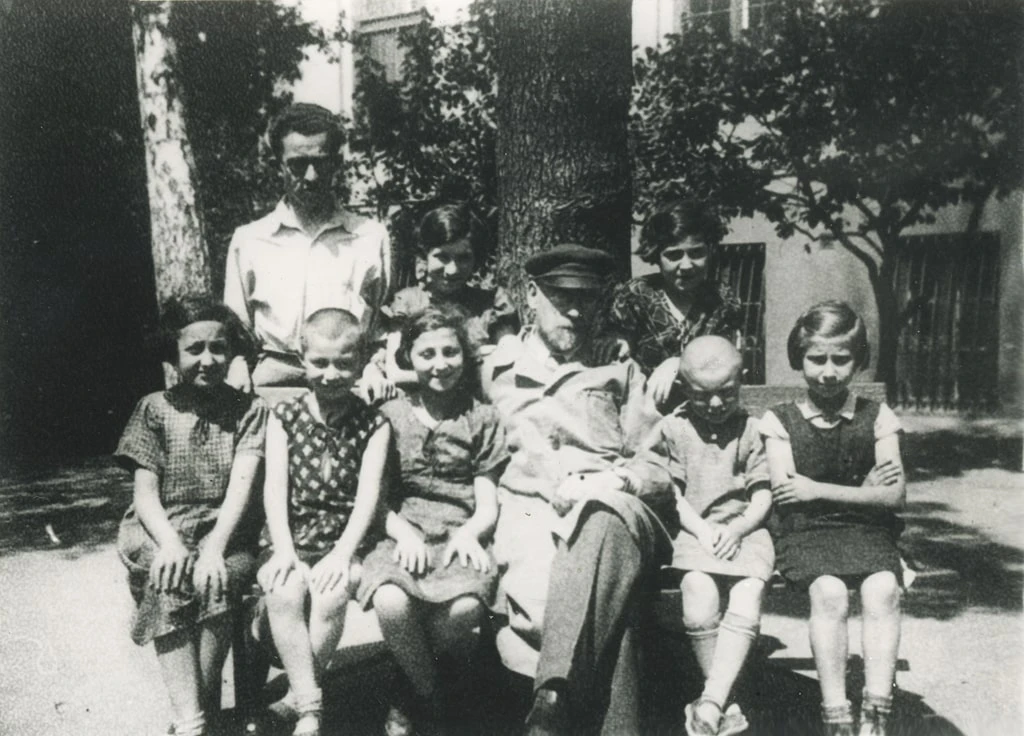
How do you love a child? Janusz Korczak’s 10 Commandments
- Help a child become not who you are, but who they are meant to be.
- Don’t expect repayment for everything you’ve done for them. They’ll give life to another, and that’s how the chain of gratitude works.
- Don’t take out your frustrations on a child—you’ll regret it later.
- Don’t belittle a child’s problems. Life is given to each person according to their strength, and for a child, it may be even harder because they lack experience.
- Never humiliate a child.
- Don’t forget that the most important encounters in life are our encounters with children.
- Don’t beat yourself up if you can’t do something for a child. But do if you can—and choose not to. For a child, “enough” means doing everything you can.
- A child is not a tyrant demanding all your time and energy, not just flesh and blood. A child is a sacred vessel entrusted to you—where the fire of life is meant to grow.
- Learn to love other people’s children. Never do to someone else’s child what you wouldn’t want done to your own.
- Love your child as they are—whether they’re talented or struggling, little or grown. When you’re with them, let it be a celebration—because a child is a living miracle.
How do you work with children who’ve been through trauma or difficult circumstances?
Raya: You can’t expect to reach a wounded child in one meeting. It takes time. That’s why follow-up is crucial after kids’ events—ongoing connection matters.
Also, instead of jumping in with advice, it’s better to just listen. Be present. Cry with them if you need to.
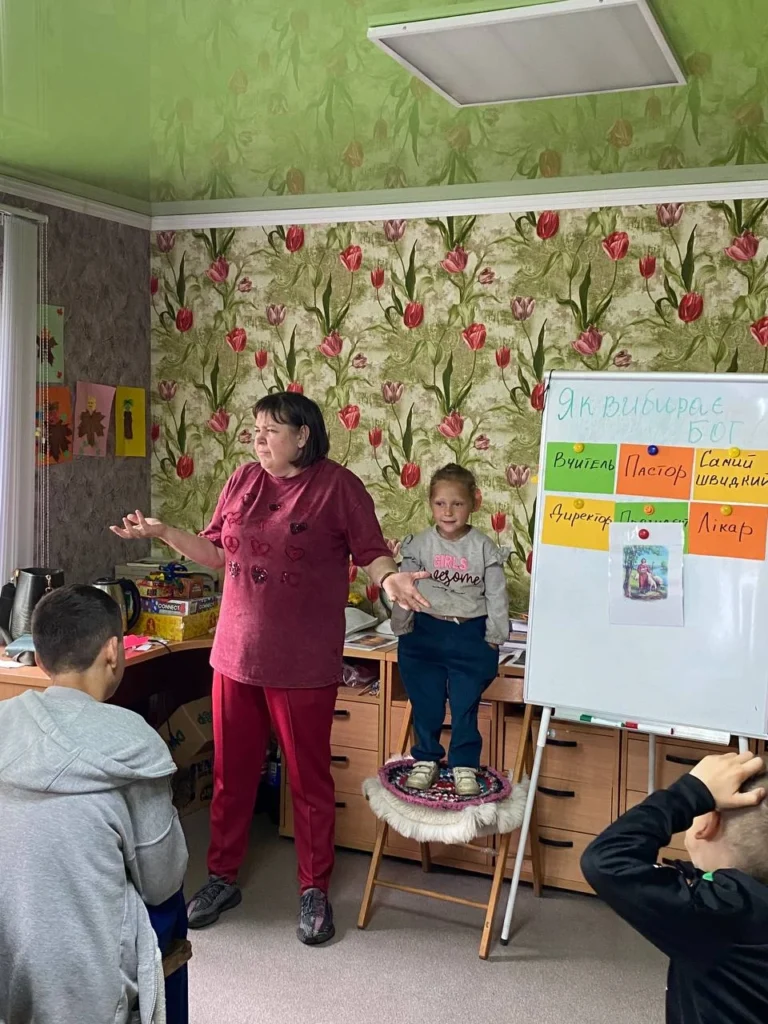
And then, if the Lord leads, pray. It’s not just about hearing them out—it’s about seeking God’s wisdom. And if the moment is right, offer a word. But don’t say “I understand” if you really don’t. That can feel fake.
Inna: I also pray for wisdom. I’m careful not to push too hard—some kids are fragile, and you don’t want to shut them down.
We’re all different, and so are the kids. Each one is a unique personality with their own makeup.
Early in my ministry, I struggled with certain children. I didn’t get them. Some even made me cry. I’d ask myself, “Why am I in children’s ministry if I can’t handle just one child?”
That’s when I realized—I needed prayer. At first, I tried handling everything in my own strength, but it never worked.
I also noticed—every group has that one child who triggers something in you. Now, I see those moments as God trying to teach me something, to grow more of His character in me.
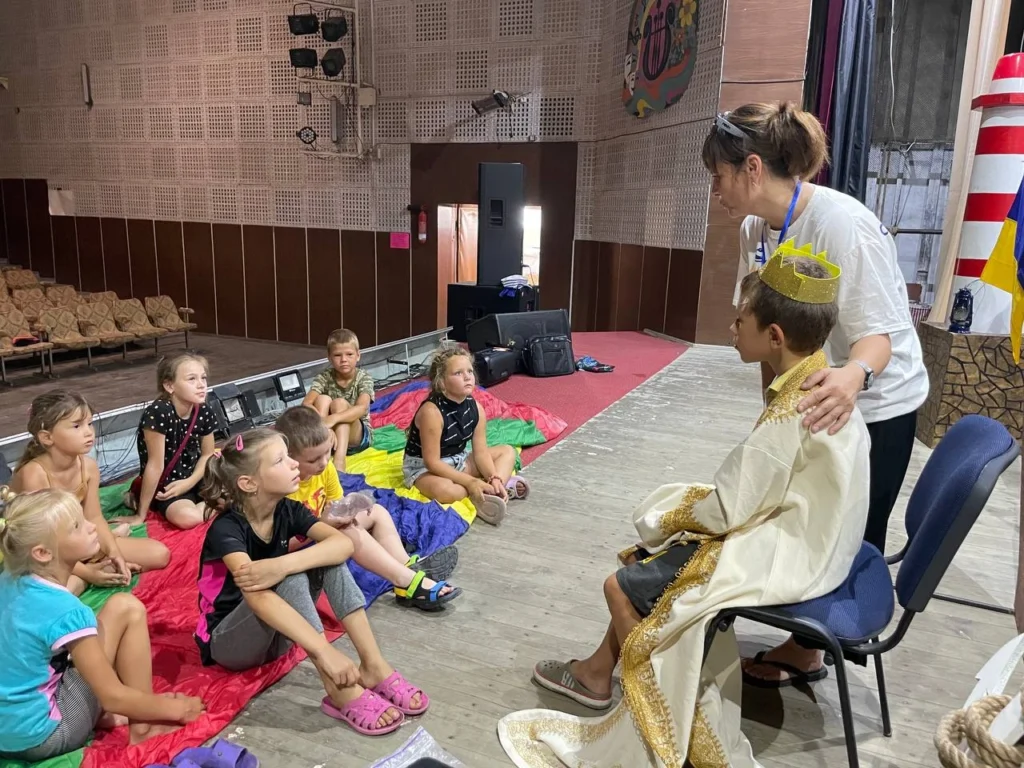
One practical tip? Make the most active child your helper. Giving them responsibility often changes their whole attitude.
“There are no children—only people. But with smaller thoughts, less experience, different emotions, and a unique way of feeling.”
— Janusz Korczak
How do you become a true friend to a child?
Raya: You have to be sensitive to what the child needs to hear. And that comes from observing them—getting a sense of what they care about.
For example, my husband and I were heading home once and saw police on our street. I started laughing because it reminded me of something from fourth grade—I was accused of mischief with a friend.
And wouldn’t you know it, one of the girls involved in that situation was someone who now comes to our kids’ club.
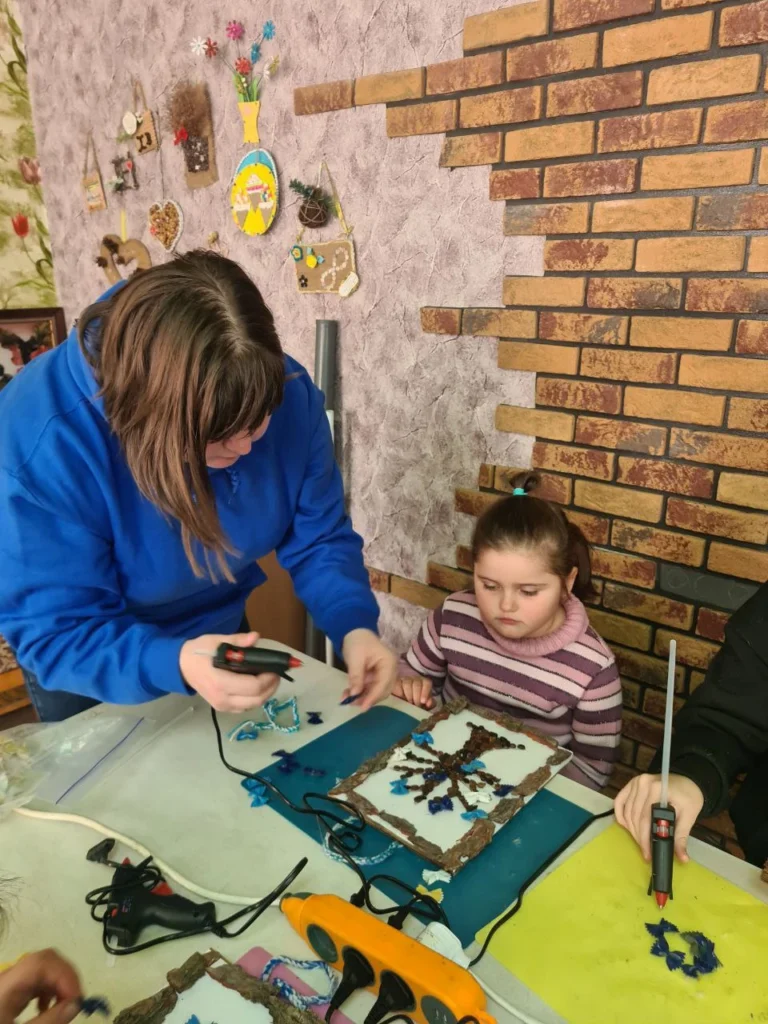
So I talked to her. I didn’t just scold her—I shared my own story, how I made things right with someone I hurt. That honesty built a connection.
Relationships take time. But authenticity builds bridges.
Inna: If you think about it like a family—when there’s open communication between parents and children, the home is strong.
But if kids only hear orders and instructions, they start avoiding home. They go looking for connection somewhere else—and that’s not always a good influence.
It’s the same with us. If we just go through the motions at kids’ club—teach a lesson, tick the boxes—nothing really happens. Each child walks away the same as they came.
But when we ask them real questions—what’s bothering them, what they’re proud of—when we praise them genuinely, that’s where friendship grows.
What advice would you give to young ministers?
“Our children are our future. Good parenting means a joyful old age. Poor parenting means sorrow, regret, and guilt toward others—and toward the whole country.”
— Anton Makarenko
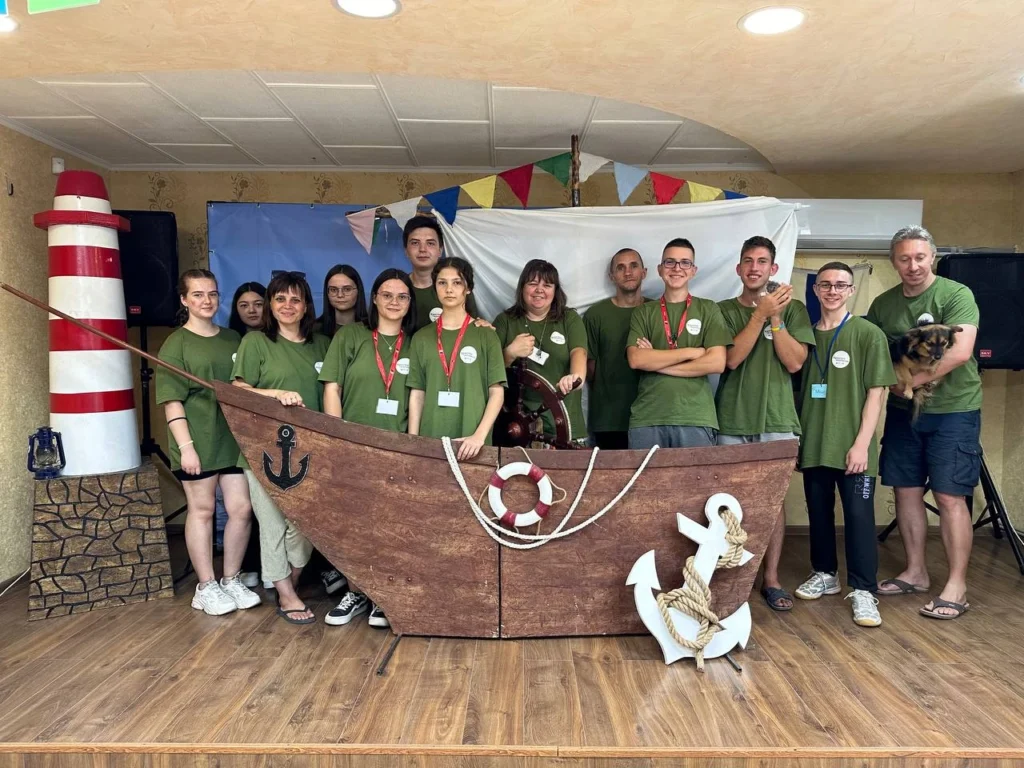
Inna: Be their friend, not their boss. Kids see right through us—they’re little psychologists.
Be open with them, just like they’re open with you. Build real relationships.
And be patient. Draw your strength from God—He fills us, so we can pour out to others.
Our relationship with God matters. I look to Jesus—He ministered to such a diverse group of people and had a unique approach for each one. That wisdom came from staying in close contact with the Father.
Raya: Children’s ministry is fun—it’s full of energy and variety. But it’s also challenging.
Young ministers need to receive a clear calling from God that this is their ministry. It’s not just a hobby.
If the calling is real, then we can’t just do whatever we feel like. We need to follow God’s lead.
What do you see for the future of your children’s ministry?
Raya: We’ve got ideas—but not yet enough people to help carry them out.
Right now, our kids’ ministry is pretty general, but I’d love to create special classes just for boys—hands-on activities like fixing equipment, building things, or taking apart engines.
I also dream of expanding our Christian day center in the village of Mykhailivka—adding preschool readiness, especially for kids from difficult homes.
The center shouldn’t just be a place of learning. It should also have amenities: showers, bathrooms, a laundry area.
We also want to return to visiting schools like we did before COVID—hosting workshops and inviting kids to our clubs.
Inna: I hope children’s ministry doesn’t get stuck or “frozen.”
We, as mentors, need to keep growing—updating our methods and keeping up with kids.
We have to be current—so that kids are excited to come to our clubs and keep coming back.
